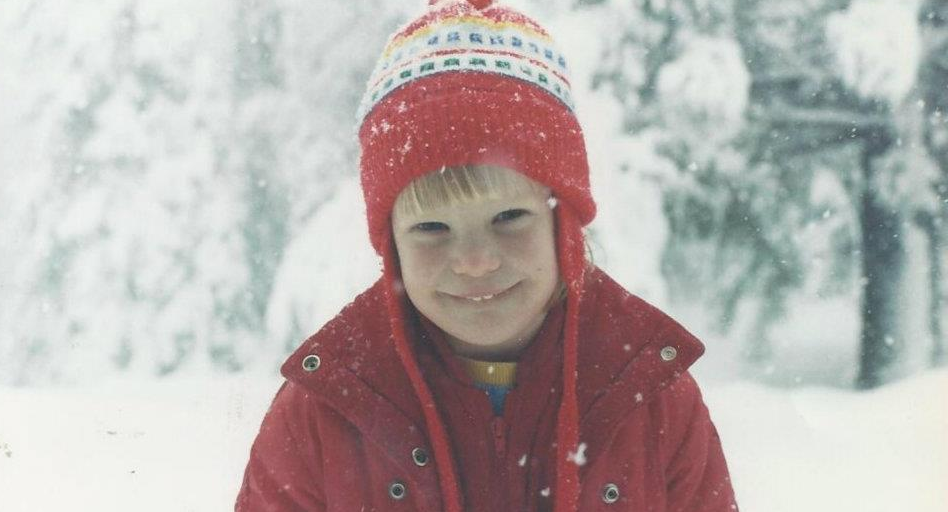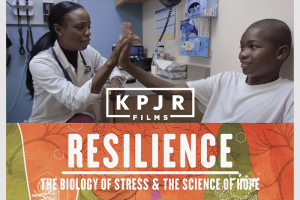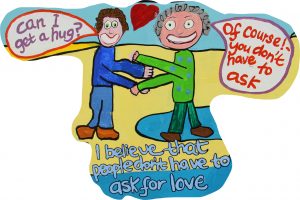
I grew up in Minnesota (a state that prides itself on being a socially progressive and cultural beacon in the Midwest), surrounded by cornfields, baseball fields, woods and lakes – a landscape that defined many of my childhood experiences. I remember a strong feeling of freedom to explore, learn, problem solve and play. Mixed-in were lessons about giving back and ‘doing good’ in my community. When I left school, I knew two things: that I wanted to make a difference and I wanted to work with children and young people in some capacity. And that’s what I tried to do, seeking out opportunities through university and beyond that fit this general aim.
It wasn’t until I moved to Scotland that I discovered a tool to help frame my understanding of the work I was doing – the UN Convention on the Rights of the Child (UNCRC). Because the United States has not (yet?) ratified the UNCRC, my understanding of children’s human rights was limited and vague. While the majority of countries have been teasing out and reporting on children’s rights for two decades, I felt rather late to the game but grateful to finally have this foundational understanding about adults’ responsibilities to ensure children are healthy, happy and safe and that children have a say in their own lives. Understanding children’s rights and the duty States have in regard to implementing the UNCRC was a huge moment for me, personally and professionally.
…this foundational understanding about adults’ responsibilities to ensure children are healthy, happy and safe and that children have a say in their own lives.
 The importance of children’s rights – and the gaps in awareness and understanding – was brought home to me recently when I went to a screening of the documentary ‘Resilience: The Biology of Stress and the Science of Hope.’ This American documentary tells the story of research into Adverse Childhood Experiences (ACES), the impact they have on health outcomes in childhood and adulthood, and how this research can inform how we develop and deliver health, education and other services. It is a powerful documentary and it is easy to see why ACES is the hot topic of the moment. It is a huge breakthrough in how we think about a range of social and health issues and is a strong argument for prevention and early intervention initiatives.
The importance of children’s rights – and the gaps in awareness and understanding – was brought home to me recently when I went to a screening of the documentary ‘Resilience: The Biology of Stress and the Science of Hope.’ This American documentary tells the story of research into Adverse Childhood Experiences (ACES), the impact they have on health outcomes in childhood and adulthood, and how this research can inform how we develop and deliver health, education and other services. It is a powerful documentary and it is easy to see why ACES is the hot topic of the moment. It is a huge breakthrough in how we think about a range of social and health issues and is a strong argument for prevention and early intervention initiatives.
However, the piece that was missing for me was the link between ACES and children’s rights. As this is an American documentary, it did not surprise me that this was missing – children’s rights just aren’t part of the US discussion. In Scotland, we have the opportunity to make this link more explicit. In a segment of the film, primary school children are participating in an exercise called ‘Miss Kendra’s List’, where they hear the story of a woman who asks children how they are at the school gate and listens to their worries. Miss Kendra has a list outlining that children shouldn’t be hit or kicked, left alone for long periods of time, be neglected and go hungry, be bullied, be touched inappropriately, witness violence, etc. This is a brilliant drama exercise to help children explore their own experiences and related emotions. While I was watching it, it was like a siren going off in my head – “Children’s rights! Children’s rights! Children’s rights!”
Without even realising it, ‘Resilience’ is about children’s rights and how important it is for children and adults to know about them. Children adapt to their surroundings and they learn how to cope with trauma to protect themselves and simply stay alive. If they grow up in a home (or multiple homes) where abuse, neglect and/or other forms of trauma are common, then they have no frame of reference to know that there are other ways of living and that this shouldn’t be happening to them.
During one of my first projects with Children’s Parliament, I was working with a P6 class in the East End of Glasgow. The children were sharing stories about their community and what it was like to grow up there, witnessing knife crime, alcohol and drug abuse, football violence, etc. At the end of one day, a boy said to me “I didn’t know this wasn’t normal.” That moment has stuck with me. If children don’t know that they have a right to be healthy, happy and safe, how are they to know that things should be different for them?
If children don’t know that they have a right to be healthy, happy and safe, how are they to know that things should be different for them?
 Children tell us that they want to live in safe, peaceful and clean communities; that they want to feel respected, supported and loved; that they want to play and spend time with their parents and carers – all things touched upon in the UNCRC. Children’s rights provide children with an understanding of how they should be treated and the knowledge that they can speak to someone when there is something wrong.
Children tell us that they want to live in safe, peaceful and clean communities; that they want to feel respected, supported and loved; that they want to play and spend time with their parents and carers – all things touched upon in the UNCRC. Children’s rights provide children with an understanding of how they should be treated and the knowledge that they can speak to someone when there is something wrong.
If we truly want Scotland to be the best place to grow up, then we need to ensure that children, parents, carers, and practitioners have an awareness and understanding of children’s rights. Children’s rights aren’t ‘yet another programme’ we have to fit in. The UNCRC provides a framework to underpin all the agendas and initiatives we are currently taking forward in Scotland, including ACES.
I believe that we have a great opportunity to create change for children in Scotland and as an #Unfeartie, I am committed to speaking up about this link between the UNCRC and ACES. I encourage you to see the documentary ‘Resilience’. I hope that it will inspire you to become more trauma aware and to use a rights-based approach to your relationships with children.
Chelsea Stinson
Children’s Voices Manager, Children’s Parliament
To learn more about the Children’s Parliament rights-based approach, visit our website.
We also have over 75 CP films on our YouTube channel.
To learn more about ACES, see the recent PINS e-newsletter.
KPJR films, the producers of ‘Resilience: The Biology of Stress and the Science of Hope’, have shared this introduction to ACEs: